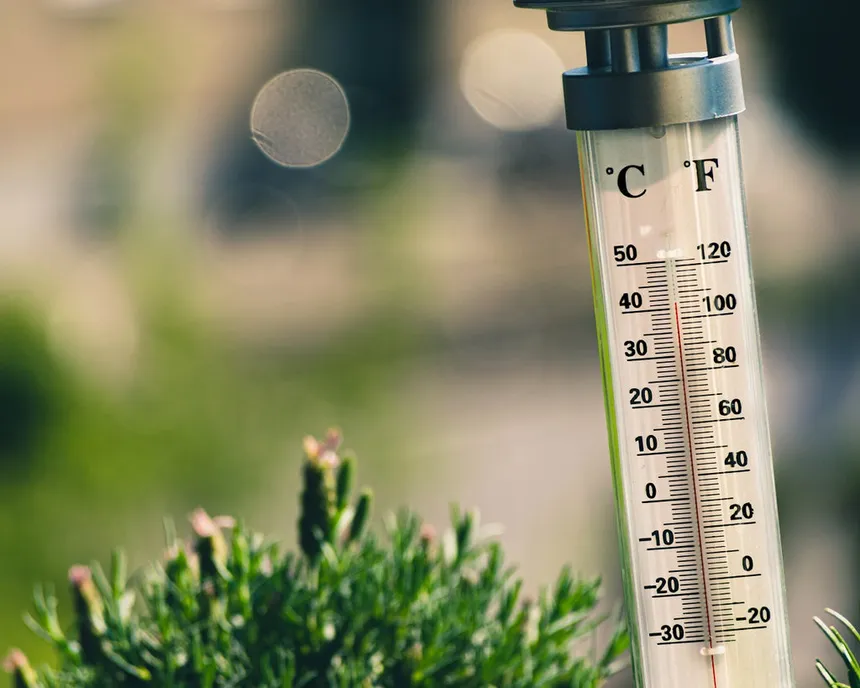As the thermometer continues to soar, the Spanish government has issued a stern warning: take extra care, as record-breaking temperatures are expected to hit the country this week. In Andalucía, temperatures could reach an unprecedented 39C (102F) on Friday, leaving residents without a break in the scorching heat. “We’re not looking forward to this kind of heat in April,” said Rubén del Campo, a spokesperson for Spain’s state meteorological agency, Aemet. “It’s clear that this heatwave is going to be one for the record books.”
The hot air mass from north Africa has already started to affect the Iberian peninsula and the Balearic islands, causing temperatures to shoot up to levels not seen in years. In Madrid, the regional government has approved a plan to help hospitals, health centers, and schools cope with the heat, while public swimming pools will be open a month earlier than usual. In Seville, authorities are investigating whether a horse pulling a carriage of tourists died of heatstroke.
As temperatures continue to rise, the government is urging citizens to take precautions to avoid heat-related illnesses. It’s not just the young and healthy who need to be careful, but also vulnerable groups such as babies, children, and the elderly. “Stay hydrated and make regular checks on those who need extra care,” warned the government. “The heat is expected to peak on Thursday and Friday, so we need to take it seriously.”
Spain has experienced unusually high temperatures in recent days, with temperatures ranging from 7C to 11C above the average for this time of year. In Córdoba, the mercury hit 35.1C earlier this week, breaking the April temperature record set in 2017. Jerez airport also saw temperatures reach 35C, beating the April record set in 1997.

According to Aemet, April 2023 is on track to become the hottest April on record. “Confirmation is still pending, but this high-temperature episode will probably be the hottest April in the Iberian peninsula since records began,” said del Campo. “Extremely high temperatures have become more frequent and more intense, and this intense and extreme heat is arriving earlier.”
As the country struggles to cope with the heat, residents are also dealing with a prolonged drought, which has left reservoirs nearly dry. “This month’s rainfall was well down on average; terrible news for a country that has been in drought since January last year,” said del Campo. “Between 1 April and 23 April, 12 litres per sq metre of rain fell in Spain – just 25% of the normal amount.”
Although temperatures are expected to drop over the weekend, forecasters are warning that they could start climbing again from next Tuesday. With the climate crisis having “frightening” impacts in Europe last year, Spaniards are bracing themselves for a hot and uncomfortable summer.

